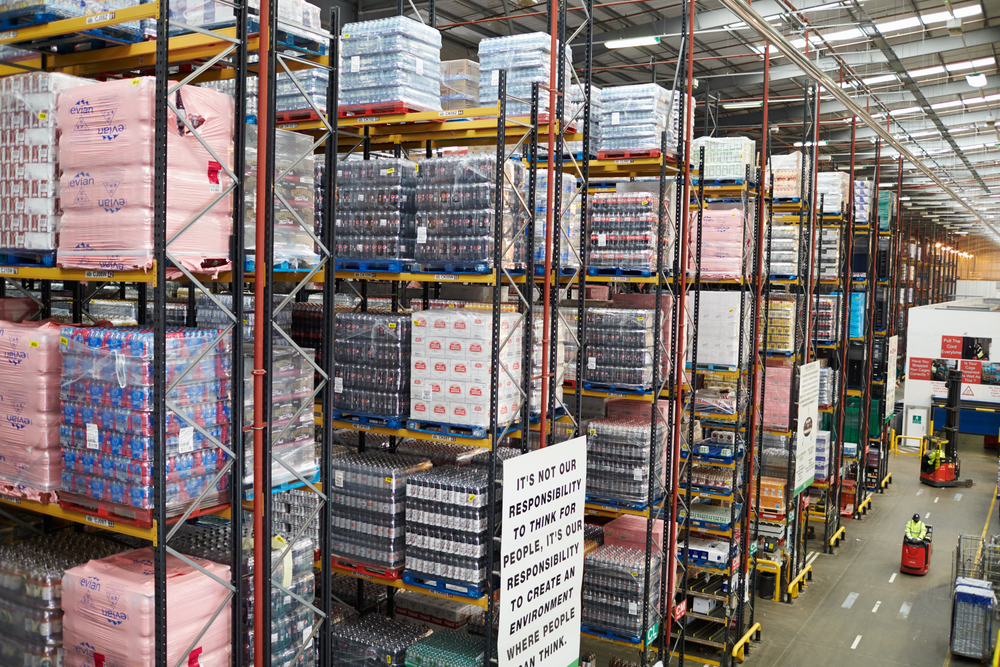Demand for warehouses in Singapore stockpiled in the second quarter of 2020
Primarily fueled by the need to cater to food, consumer items and medical supplies

The industrial property prices and rents in Singapore respectively dropped at a swift pace of 1.1 and 0.7 percent quarter-on-quarter in the second quarter of 2020, reported JLL Singapore, citing the 2Q20 industrial property market data published by government agency JTC.
In the report, the agency mentioned that the said figures are regarded as the biggest drop in prices and rents since 2017. These overall downturns occurred in spite of the 0.2 percentage quarter-on-quarter increase in the city-state’s industrial property occupancy rate to 89.4 percent in the second quarter of the year.
The slight boost in occupancy rate is due to the fact that there weren’t a lot of completed properties since the Circuit Breaker measure and the COVID-19 outbreak in dormitories of foreign workers caused disruption in construction activities, along with the greater net absorptions from warehouse segments and single-user factories.
More: Pandemic raises concerns over office investments, prompts switch to warehouses
The demand for warehouse spaces in the second quarter of the year grew, supported by short-term leasing requirements and renewals to cater to food, medical supplies and consumer items from e-retailers and other businesses, as social distancing measures and safety concerns incited a rise in stockpiling needs and e-commerce activities.
As for business park spaces, the report indicated that the leasing enquiries tapered off during the second quarter.
In the next quarters, most businesses will stay rent sensitive during the deep economic recession and will remain watchful of their space requirements as macroeconomic headwinds continue. Nevertheless, the need to stockpile will continue to fuel warehouse demand in the midst of new waves of COVID-19 infection and repeated lockdowns.
“As such, we expect both rents and prices to continue to trend down across all industrial property types in the next six months,” concluded the report.
Recommended
Inside Asia’s luxury resort residences that are redefining high-end living
Asia’s resort residence market is witnessing a shift as investors eye larger, multifunctional units
How joining BRICS could give Thailand and Malaysia a new economic edge
Thailand and Malaysia are eyeing membership in the bloc of emerging nations
How Modi’s real estate reforms are transforming India’s housing market – and what’s next
A coalition led by the strongman prime minister Narendra Modi is looking to consolidate gains in the property market
Why Japan’s new interest rates might spark a transformation in Niseko’s property market
A new era for Niseko’s wintry property market dawns with the sunset of Japan’s negative rates regime








